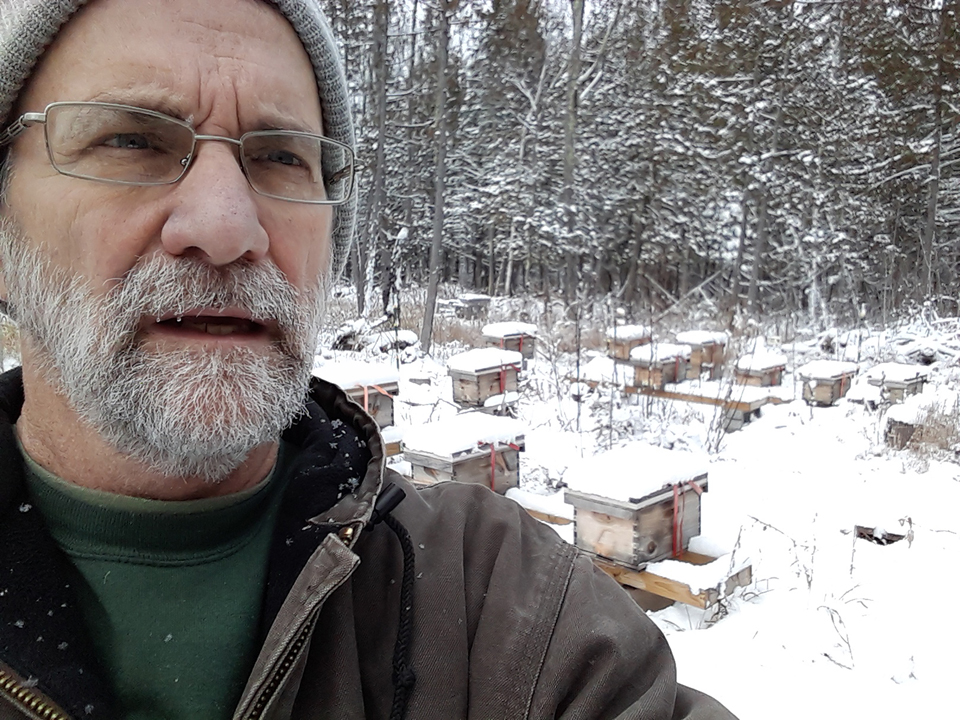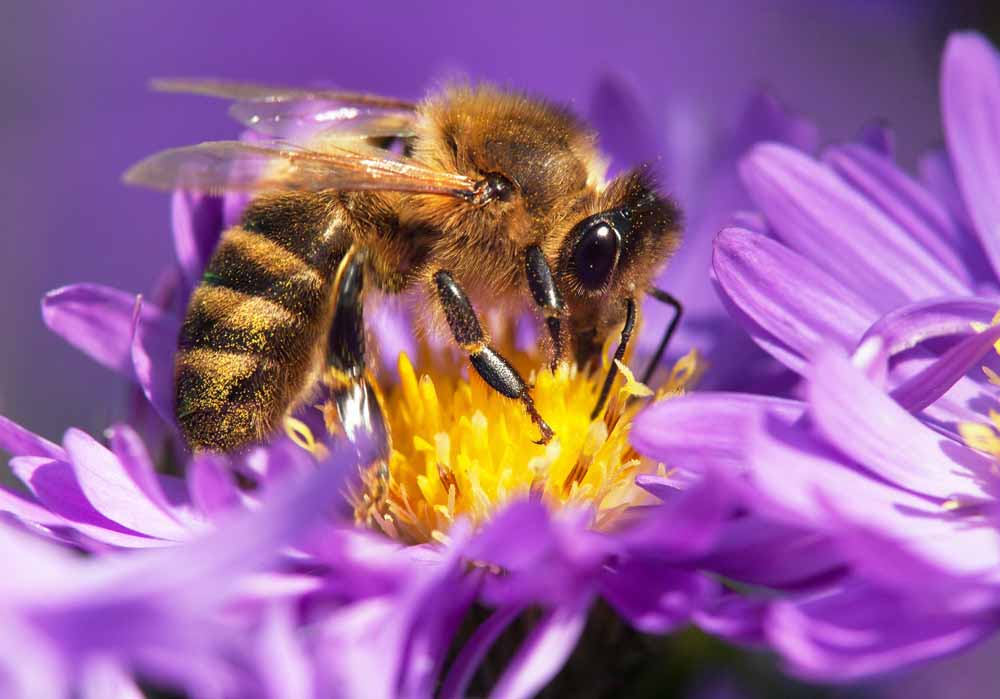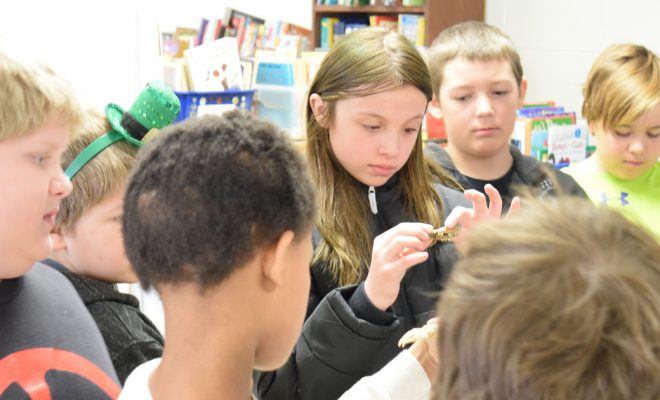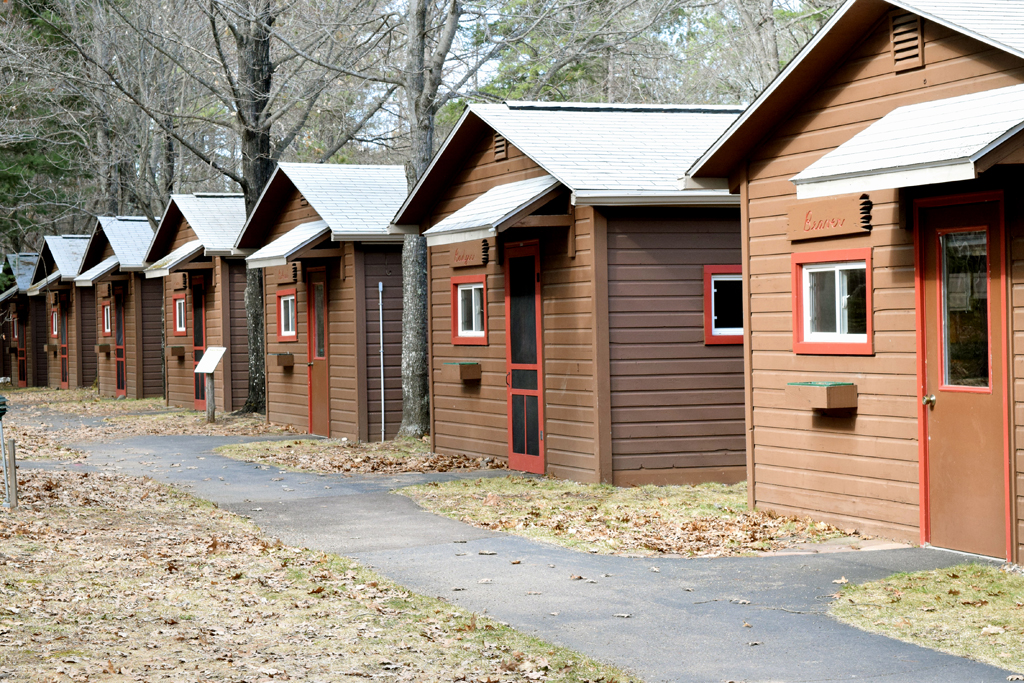Backyard beekeepers want to be part of the solution

By Lori C. Adler
Beekeeping has always been a popular hobby, but a recent surge in backyard beekeepers suggests something more: a need to be part of the solution. It is probably fairly well known that there has been a dramatic decrease in honey bee populations, and when factoring the decline of bees with a decline of other pollinators, people become concerned.
Concern is warranted because the numbers are alarming. In 2017 in Wisconsin, a mortality rate of 45% among honey bees was recorded. That’s almost half of the state’s honey bee population, and with similar numbers being reported across the country, it has scientists, farmers, and the general public extremely worried.
This concern has resulted in a lot of new beekeepers who are looking for something other than honey as a reward for their efforts; they want to do their part in bringing back the pollinator population. And while the increased interest is a good thing, caution is necessary because beekeeping is not for the faint of heart.
Viruses, parasites, pesticides and changes in farming practices have made beekeeping much more difficult in recent years. Bee losses have been devastating, and of all the types of beekeepers in the state, hobbyists are the worst hit. While commercial beekeepers (those with over 500 hives) have an annual loss of about 28% of their bees, hobbyists (those beekeepers with less than 50 hives) suffer much great losses of over 40% of their hives.
Charlie Beyersdorf of Marengo, has been keeping bees for the past eight years; he is also chair of the Northern District of the Wisconsin Honey Producers Association. Beyersdorf, considered a sideliner (those with hives numbering over 50 but less than 500), has been trying to slowly ramp up production of bees. He has been working to try to produce queen bees that are genetically more adaptive to the climate in northern Wisconsin, including overwintering in harsh conditions. It is during these harsh winter conditions that most Wisconsin beekeepers experience losses. His first few years went well, successfully overwintering his hives with a 90% survival rate. The last two years, however, Beyersdorf has lost a total of 86 hives, resulting in a die off of over 80% of his bees.
Two common conditions, a parasite called nosema ceranae and a fungus known as chalkbrood, caused the hive losses. The most common affliction for honey bees, however, is varroa destructor, an invasive species of mite that feeds on the blood of the honey bee. While the varroa mite affects only honey bees, other viruses and parasites can be transferred to wild bees, further spreading disease. Not being able to quickly identify these issues is why the numbers of bee loss is so much greater for hobbyists and sideliners than it is for commercial beekeepers. Commercial operators have access to testing and generally have more treatment options available. And if a hobbyist is able to identify a problem with their hives, they often cannot afford the treatment or do not want to use chemical means to maintain their bees. In other cases, like Beyersdorf’s, there simply are no treatments for the diseases his bees experienced.
Leave a reply
You must be logged in to post a comment.





